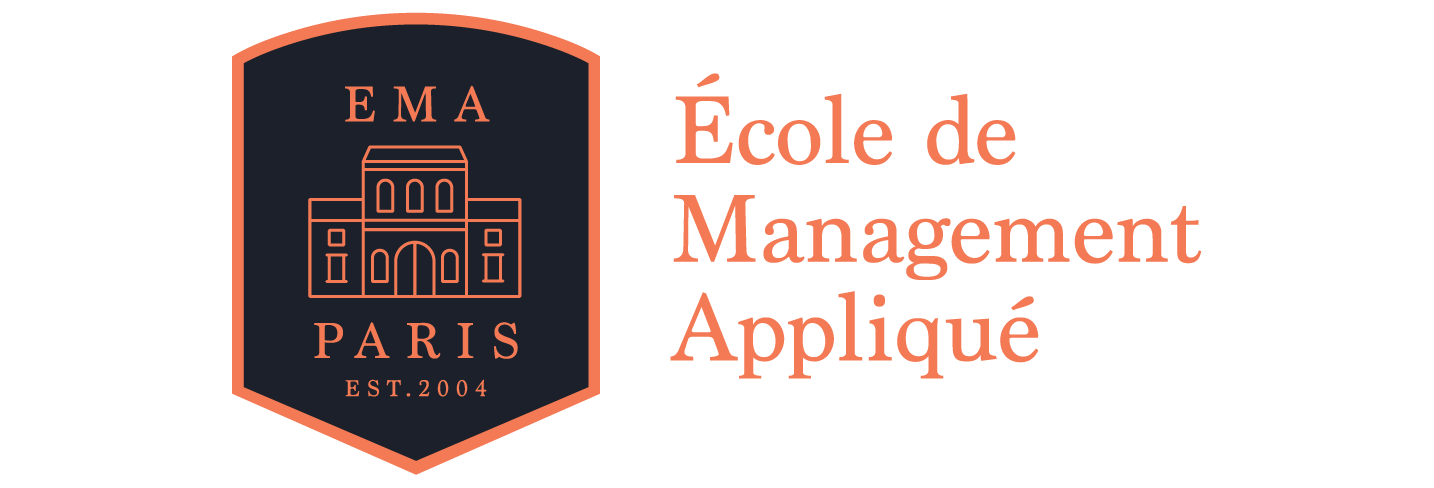Yes, France is a great choice for pursuing a master’s degree. It hosts various national and international higher education institutions with faculties from across the world. The country’s strong financial status is especially beneficial for students studying finance and management.
Finance is a dynamic field offering global career opportunities in banking, investment, and risk management. It is an excellent choice for students who want to understand the concepts of finance and how things work in the industry. What is the secret behind profit-making companies, how do they manage their resources, and achieve financial independence?
Based on a recent survey conducted by the European Commission, only 52% of respondents in the EU are financially knowledgeable. In some countries, the lowest levels drop to just 36%. This knowledge is crucial for making informed decisions.
Pursuing a master's in finance and management can significantly enhance your career prospects in the financial sector. This programme equips you with essential skills that are highly valued by employers. By developing these skills, you can position yourself as a competitive candidate in the job market.
Financial skills you will learn from a master's degree in France

Skills can be divided into soft skills and technical skills. The master’s in finance and management degree helps you develop your core technical skills along with enhancing your soft skills such as communication and critical thinking. These skills are:
1. Analytical skills
The first and foremost skills you will need in finance are analytical skills. Comprehending and interpreting data, identifying trends and making informed decisions for business. Professionals deal with large volumes of data and complex financial models.
Having a master's in finance and management will help you apply various analytical techniques to solve financial problems effectively. Thus, making you a valuable asset to any organisation.
2. Financial reporting
Financial reporting is the next crucial financial skill that you must gain. It is the process of communicating relevant information and financial results to senior management and stakeholders.
This is not just the ability to understand and communicate financial results to stakeholders but also includes being able to prepare one. These includes cash flow statement, a balance sheet and an income statement. As a finance expert, you should be aware of the industry standards and how these financial reports are presented.
Your master's in finance and management degree will help you gain practical experience in preparing income statements, balance sheets and cash flow statements. These are vital for strategic decision-making.
3. Strategic financial planning
Strategic financial planning is the ability to balance business finances in a way that risk is reduced to a minimum and there is a high possibility of profit. Businesses need strategic financial planning because it facilitates risk management, resource allocation and well-informed decision-making.
Your master's degree in France will provide you with insights into budgeting, forecasting and resource allocation. Moreover, higher education colleges such as EMA also provide practical learning opportunities to students that help them apply their theoretical knowledge in real life.
These help in increasing profitability and meeting the organisation’s long-term financial objectives. They also maintain a competitive edge by aligning financial strategies with business goals.
4. Risk management
Risk management is understanding the nature of the financial risk associated with any business and suggesting ways to minimise it. The master's degree in France provides knowledge related to the economy, risk factors and possible financial strain for businesses.
Financial risk management helps organisations safeguard their financial health. Additionally, it assists them in recognising and reducing any risks, which might result in sustainability over the long run.
Effective financial risk management can increase profitability by encouraging cross-functional cooperation, enhancing internal controls and strengthening financial reporting.
5. Leadership skills
Finance managers are often leaders that assist their teams and organisations in achieving their financial objectives. In order to analyse data, create and oversee budgets, monitor spending and predict future revenue stream, they usually draw on their knowledge of accounting and finance.
As you progress in your career, strong leadership skills become increasingly important.Master’s in finance and managementwill prepare you for managerial roles by teaching you how to lead teams effectively and make strategic decisions. These skills are important for guiding your team towards achieving organisational goals.
6. Interpersonal skills
The ability to collaborate, communicate and engage with people and groups successfully is known as interpersonal skills. Those with high interpersonal skills are frequently referred to as ‘good with people'.
Effective communication is key in finance, where complex concepts must be conveyed clearly to various stakeholders. The master's in finance and management programme will enhance your ability to present financial data concisely and persuasively. This ensures, that everyone involved understands what these data convey.
7. Technological proficiency
92% of occupations require digital skills. However, a large data indicates that most workers lack the abilities required to succeed in these roles. This is particularly true for technological skills related to financewhere only 18% of finance staff members are digitally competent.
If a finance professional is willing to acquire new technical abilities, they can differentiate themselves from the competition. To advance your career and benefit your team, you must learn more technical skills related to finance.
A master's in finance and management will expose you to various financial software and tools that streamline processes and improve accuracy. Staying updated with technological advancements will position you ahead of the curve in the finance industry.
Why choose EMA for your master's programme?

Ecole de Management Appliqué (EMA) offers a strong master's in finance and management course that stands out for its comprehensive curriculum and practical approach. Here are some reasons why EMA is an excellent choice:
- Industry-relevant curriculum: The programme is designed to meet current market demands, ensuring you acquire skills that all employers seek.
- Experienced faculty: Learn from industry experts who bring real-world experience into the classroom.
- Networking opportunities: EMA provides access to a vast network of professionals and alumni, enhancing your career prospects.
- International exposure: Studying in France allows you to experience diverse cultures while gaining insights into global finance practices.
- Qualipi qualified: EMA is Qualipi qualified, ensuring high educational standards and quality assurance.
- Personalised attention: Due to small class sizes, students receive personalised attention from faculty, enhancing the learning experience.
By enrolling in EMA’s programme, you will not only gain theoretical knowledge but also practical skills that can propel your career forward.
Acquiring these seven key financial skills through a master's degree in France will significantly enhance your employability and effectiveness as a finance professional.
Frequently asked questions about student life in Paris
Q. Is France good for a master's in finance?
Q. What skills do you need for financial management?
There are a few extremely important skills that every finance professional must possess. It includes both technical and interpersonal skills such as analytical understanding, communication skills, understanding of statistics, technology and financial reporting.
Q. What is taught at a master's in finance?
The master's in finance and management generally covers topics such as corporate finance, financial markets, investment analysis, risk management, strategic thinking, mathematics applied to finance. and financial accounting. This comprehensive curriculum ensures that students are well-prepared for various roles in the finance sector.
Q. Which master's degree is most valuable in France?
Due to France's thriving economy and blooming financial markets, the demand for a Master of Business Administration (MBA) and master's in finance and management are considered some of the valuable courses.
Q. What is the importance of financial reporting in this programme?
Financial reporting is important as it teaches students how to prepare and present financial statements, which are essential for communicating an organisation's financial health to stakeholders.

 Brochure
Brochure
 Apply Now
Apply Now
